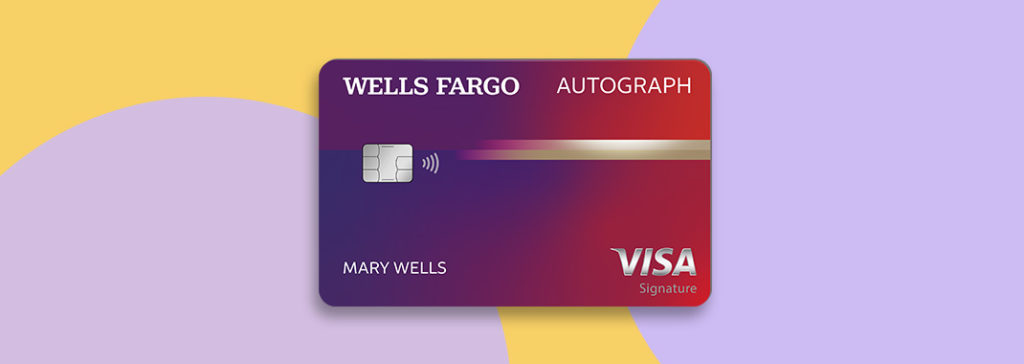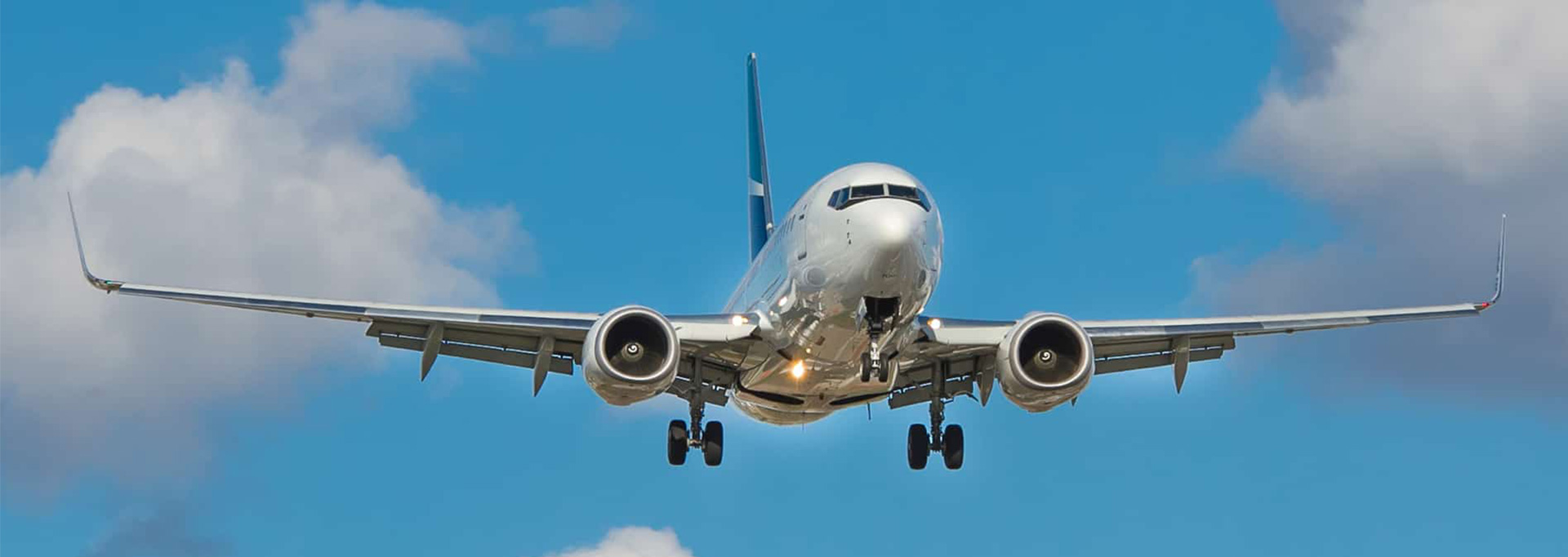Most products on this page are from partners who may compensate us. This may influence which products we write about and where and how they appear on the page. However, opinions expressed here are the author's alone, not those of any bank, credit card issuer, airline or hotel chain.
The information related to Chase Sapphire Reserve was collected by Slickdeals and has not been reviewed or provided by the issuer of this product. Product details may vary. Please see issuer website for current information.
When my dad was diagnosed with cancer just over two years ago, I told him I wanted to take him to Israel. I couldn’t think of anything more healing than a trip to the Holy Land, but I wasn’t about to spend $2,000 each on flights to get us there.
Thanks to some long-held credit cards, I had enough points to get us there and back, in business class, for less than $100 each. Here’s exactly how I made it work and some insight into the credit card that helped make it happen, my Chase Sapphire Reserve®.
How I Use Chase Ultimate Rewards Points
For our trip to Israel, I combined points from two sources: United Airlines and Chase Ultimate Rewards. However, the vast majority of the points I used for the trip originated from my Chase Sapphire Reserve card. While the credit card comes with a steep annual fee, it saved me at least $10,000 on airfare for this trip alone. It’s easily worth the annual fee if you travel regularly.
Chase Sapphire Reserve offers 3x points per dollar on dining and travel purchases and 1x points per dollar on all other purchases. But it also features a $300 statement credit for travel purchases each year, a credit for TSA PreCheck or Global Entry and Priority Pass Select airport lounge access. This is in addition to many popular benefits, like rental car insurance and trip interruption and cancellation insurance. There’s a reason I never leave home without it.
Transferring Points to United for Flights on Turkish and LOT
You can use Chase Points to book travel in the Chase rewards portal for a 1.5 cent per point value if you have the Chase Sapphire Reserve (you get less with other cards). But even better, you can transfer points to airline and hotel partners to get even more value.
 Related Article
Related Article
Chase Travel Rewards: Guide to Chase Ultimate Rewards
For this trip, I moved points from Chase to my United Airlines MileagePlus account, which, like other transfers from Chase, uses a 1:1 ratio. I moved 229,000 points from Chase Ultimate Rewards to United to reach the total number of points needed for four one-way international business class trips from North America to the Middle East. Note that the rules for this type of booking have changed since our trip. You may need a different amount of points depending on the specific flight.
Our final route took me from LAX to Warsaw on LOT Polish Airlines business class and the rest of the way on Turkish Airlines first class. My dad went from Denver to Tel Aviv through Newark. We flew back together from Tel Aviv through Istanbul and Chicago to get to Houston for his cancer treatment at the end of our trip.
A quick search today puts those flights at around $7,500 each round-trip, or $15,000 total, for the full experience. I paid less than $100 each, which is enough savings to buy a decent used car. At 340,000 points total (85,000 each way), that's a value of about 4.4 cents per point, assuming a $15,000 total cost. That's nearly three times the value I would have gotten using my points in the Ultimate Rewards portal.
Keep a United Credit Card for More Award Space
While you're clearly getting more value out of traveling with United's MileagePlus, you'll also be more limited in your travel dates. And finding an international United travel award flight that works for you can definitely be a struggle. If you have any of the several United credit cards, however, you get access to extra award space.
I've kept the United℠ Explorer Card for a long time, primarily for the free checked bags and extra award space features. After a couple of years of not getting my money’s worth for the $95 annual fee, I called up Chase and asked to be downgraded to a United card with no annual fee. The basic United MileagePlus card I have now (which is not publicly available to apply to) gives me the same extra award space without the annual fee.
Earn Valuable Points or Miles for TravelBest Travel Credit Cards
Visit the Marketplace
Flexible Dates and Advanced Planning Make Award Travel Work
Even booking far in advance, being flexible is one of the best ways to make award travel like this work for you. While you can use Chase points for 1.5 cents per point value on any flight with no blackout dates, I clearly got a much better experience and value using my points for premium travel.
Last-minute deals may be rare for this kind of trip, so try to plan as far out as you are able. Due to my dad being sick, I waited until about two months before, and award flight options were limited. If you can piece things together just right, though, you’ll be on your way to Israel, or anywhere else, for a fraction of the list price. For me, that’s what award travel is all about.

What’s the Best Day to Book Cheaper Flights?
My 2 Favorite Rewards Credit Cards for Free Travel
Are you looking to rack up miles and points quickly to earn free travel? Below you'll find information about the two credit cards I used to take my dad on a business class trip to Israel. Also, read how another Slickdealer earned 300,000 Amex and Chase points in only six months. It's an inspirational story!
- My Favorite Travel Card: Chase Sapphire Reserve
- A Card I'll Always Keep: United Explorer Card
Update: I'm sad to share that my father passed away in September 2020. I'm so glad we had the opportunity to take this trip together. It was very meaningful for both of us and I'll cherish the memories we made forever. In his memory, please make sure every man you care about who is 50 or older gets an annual PSA blood test. It's a quick and simple test that can be done at the same time as a cholesterol or other blood screening, and it could catch prostate cancer early and save their life.
















